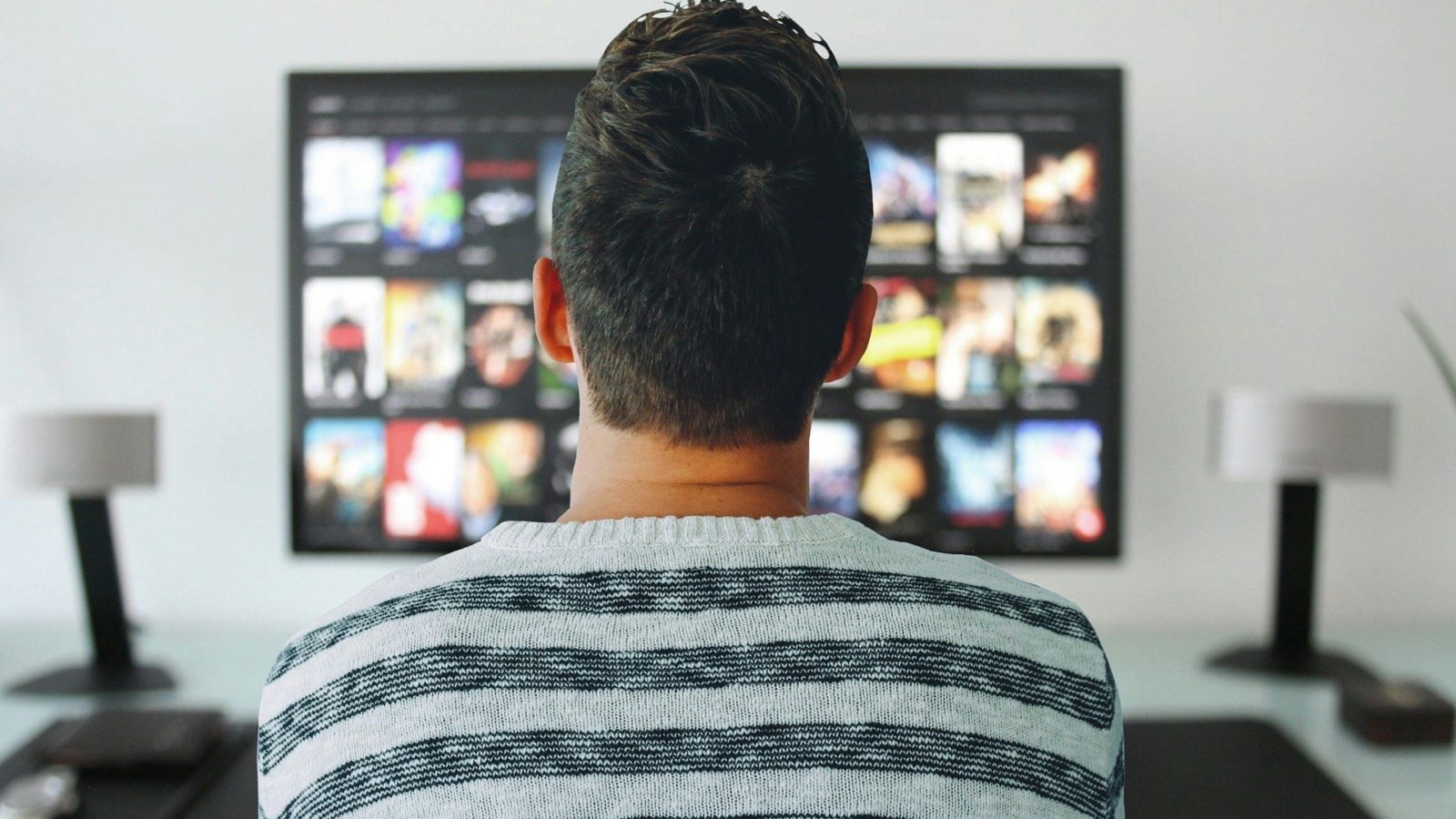If you have trouble falling asleep, you may want to examine your television habits: 88 percent of American adults admit they have lost sleep because of binge-watching shows, according to a new survey from the American Academy of Sleep Medicine.
This research may not come as a surprise. After all, streaming shows, especially ones with epic cliffhangers, are designed to be addictive, Wendy Troxel, Ph.D., a clinical psychologist and senior behavioral and social scientist at RAND, tells Thrive. Once the show has us hooked, we’re more likely to rationalize a later bedtime (think: “Only one more episode!”). Even when we turn the television off, it can be challenging to turn our thoughts off in tandem. “Your brain is still trying to emotionally process what you’ve just witnessed, and try to figure out what’s going to happen next,” Troxel says.
Then, emotional stimulation aside, there’s also the problem of blue light, which is the intense wavelength of light that our screens are known for. “The light emitted from the TV or personal devices, like tablets or phones, can directly suppress the hormone melatonin which signals sleep onset,” Troxel says. One study found that exposure to blue light before bed reduces the duration of sleep by approximately 16 minutes, and disrupts the continuity of sleep as the night ticks on.
To help prioritize sleep, the AASM recommends following a nighttime routine (a process that, you guessed it, does not include indulging in Netflix). Sleep experts agree that adopting new evening rituals can help ward off binge-watching behaviors.
“Bedtime routines are one of the things that help us whether we are eight or 88-years-old,” Fiona Barwick, Ph.D., the director of the Sleep and Circadian Health Program at Stanford University, tells Thrive. “Bedtime routines are a signal that we’re getting ready for bed. It’s a way of relaxing, which helps us fall asleep more easily.” Wind-down routines can help you tap into your parasympathetic nervous system, which is important for rest and rejuvenation. Your wind-down routine should ideally start two hours before you hope to fall asleep, Barwick says, which is around the time that our body’s melatonin levels start to rise. But if two hours feels outrageous, winding down one hour before bed works well, too.
During your wind-down routine, engaging in non-screen related activities — like reading, doing a puzzle, or listening to a podcast — can help promote sleep. Here are a few more tips to keep in mind.
Dim the lights
Exposure to any light (not just the light from screens!) has a significant effect on our body’s production of melatonin, the hormone that induces sleep. In the morning, when we want to be alert, lifting the blinds or turning on the lights is a great way to energize our bodies. But in the evening, those same lights delay our sleep, Chris Winter, a neurologist and the author of The Sleep Solution: Why Your Sleep Is Broken and How To Fix It, tells Thrive. Try turning down the lights in your bedroom or your living spaces in the couple of hours before bed. This doesn’t mean you should sit in the dark. You can purchase light dimmers at your local hardware store and install them in rooms you hang out in most, or you can use the light from the living room or hallway while getting ready to turn down for the night.
Stretch or foam roll
Gentle movements can help relax your body before bed, especially if you do them with the lights dimmed. It’s also a great opportunity to process your thoughts from the day. “People often jump into bed and think that they should just fall asleep immediately — but if they haven’t taken time to process their day, they’ll struggle with a racing mind,” Cheri Mah, M.D., M.S., a physician scientist at the University of California San Francisco Human Performance Center, tells Thrive. Mah works with elite athletes, many of whom have games that take place late at night and have trouble turning off their brain when it’s time for sleep. Stretching in the evening is what she recommends for them, but it’s a good habit for the rest of us to add to our routine as well.
Take a hot shower one to two hours before bed
Much like exposure to light, our body’s core temperature plays an essential role in the onset of sleep. While we sleep, our body temperature naturally drops, Mah says. To facilitate that drop, Mah recommends taking a shower or a hot bath an hour or two before bed. When we hop out of the shower, the rapid cooling that occurs is a natural trigger for sleep. Her time recommendations are important to keep in mind — if you take the hot shower right before you go to bed, or even within 30 minutes of bedtime, your body temperature will be too warm, and won’t have time to shift into the natural cooling period.
Have an accountability buddy
When Mah works with athletes to adjust their sleep schedule, she tries to get their romantic partners on board. “Everything is easier when done as a team,” she says, and having the support of a partner can go a long way. Once you have them on board, try channeling an earlier era when bedtime was a sacred space of reconnection. “A lot of behaviors” — like snuggling or talking — “which foster social connection and intimacy, are being replaced by this isolated behavior of binge-watching,” Troxel adds. Instead, she recommends that couples reserve some time in bed before falling asleep to just be together, sans devices.


